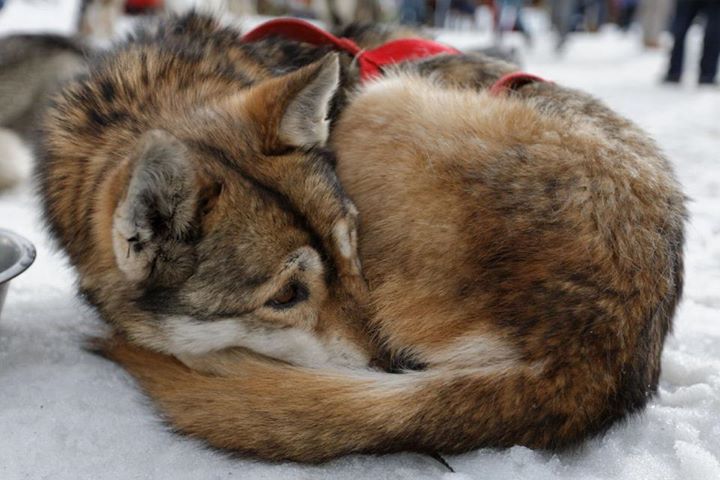A very nice article from my Spanish veterinarian friend Mila Mushingvet Benito .
In our sports also in most cases it is the dog who chooses to drop out. When he wants to continue and he can no longer follow it is very complicated for our pair. We have lived so many moments together that detachment is difficult. We must have a lot of respect for our old dogs, when I see masters in the sporting environment place them because they are no longer performing I am heartbroken...


The countdown to a dog's retirement
Detecting colon cancer, detecting people after natural disasters or detecting explosives are some of the many olfactory skills of dogs, which humans have been able to take advantage of as a social benefit.
30 years ago, the journey that our dogs made as service dogs, assistance dogs, assisted interventions and a long etc. of activities that they were able to carry out thanks, mainly to their olfactory, physical and mental.
Ever since they were puppies, every day of their lives they put all their effort into meeting every challenge we throw at them. They are improving day by day, increasing their performance until they reach high efficiency. This moment is variable, according to each individual, his activity and many other conditionings that we are not going to deepen now.
We know that biologically it is not possible to accompany us all our professional life, given their lower life expectancy. And the question that attacks us all is: when will you retire? Is there the same ′′ retirement time ′′ for everyone?
This is not a new question of course. Associations like the IWDBA work (and continue) precisely on all issues related to the welfare of working dogs. How so ? D 'a deep genetic selection, a significant investment also in clinical diagnoses (TC, RMN, ECO...), a methodical work of selection according to the capacity of reactivity and conflict resolution, and of course, with tests of physical effort adapted to each activity. This is for all working dogs.
But in addition, individual dogs carry, over time, age-related conditions that affect not only their ability to smell, but also physical and emotional reactivity. In our experience, 9 years of age is an appropriate age for the removal of scent detection dogs, not for loss of this ability itself, but for their general physical ability. In fact, in these dogs of such great value, from the age of 6, the complementary clinical studies are intensified, because there are undetectable injuries by simple physical exploration. This means that the dog will stop carrying out its physical activities. abruptly when he retires at age 9? Although it depends on each case, it is generally not appropriate for his physical activity to stop completely. In addition, there are many possibilities offered to us to keep them physically and mentally active (olfactory games), but never at the level required before their retirement.

From my experience so far, these dogs (and their handlers) have set an excellent example precisely because they understand that retirement must be before they decline through senility. These dogs can (and should) continue in ′′active rest”, but not be subjected to the requirement required by their daily ′′competition′′.
* Dedicated to Sandra, Pearl, Shadow, We are what we are thanks to you forever in our hearts!
Thank you Mila for this very nice article.





